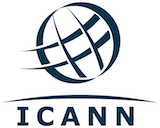Open Rights Group raises concerns over biometric age verification and investor links
The UK-based Open Rights Group has expressed concern about the growing use of biometric age verification tools by major online platforms, highlighting transparency, privacy, and user choice issues.







